Israeli and US negotiators have decided to leave Gaza ceasefire talks in Qatar’s capital Doha, with Washington accusing Hamas of not “acting in good faith”.
In a statement, US special envoy Steve Witkoff said: “We have decided to bring our team home from Doha for consultations after the latest response from Hamas, which clearly shows a lack of desire to reach a ceasefire in Gaza.”
The Israeli government did not say what triggered its withdrawal, but a senior Israeli official was quoted in local media as saying there was “no collapse” in the negotiations.
Hamas said it was surprised by Witkoff’s remarks and that it was keen to continue negotiations.
All sides involved in the talks – including mediators – admit that wide gaps remain on key issues.
In Thursday’s statement, Witkoff said that “while the mediators have made a great effort, Hamas does not appear to be co-ordinated or acting in good faith”.
“We will now consider alternative options to bring the hostages home and try to create a more stable environment for the people of Gaza.
“It is a shame that Hamas has acted in this selfish way. We are resolute in seeking an end to this conflict and a permanent peace in Gaza.”
Israeli Prime Minister Benjamin Netanyahu is yet to publicly comment on why the Israeli negotiators were leaving Doha.
But the senior Israeli official – speaking on the condition of anonymity – insisted there was “no collapse” in the talks, the Times of Israel reported.
The official criticised Hamas’s “rejectionist and unfortunate approach”, adding that “we reached the stage where we actually need to return, and we will return here as soon as the right way is found to reduce the gaps and reach the closing stage”.
In a statement early on Friday, Hamas said: “The movement affirms its keenness to continue negotiations and engage in them in a manner that helps overcome obstacles and leads to a permanent ceasefire agreement.”
The latest round of talks in Doha – with Qatari and Egyptian mediators – has been going on for more than two weeks.
Earlier on Thursday, the UN’s Palestinian refugee agency (Unrwa) said that one in five children in Gaza City was now malnourished and cases were increasing every day.
More than 100 international aid organisations and human rights groups have also warned of mass starvation – pressing for governments to take action.
Israel, which controls the entry of all supplies into Gaza, has repeatedly said that there is no siege, blaming Hamas for any cases of malnutrition.
Israel stopped aid deliveries to the Gaza Strip in early March following a two-month ceasefire. The blockade was partially eased after nearly two months, but food, fuel and medicine shortages worsened.
According to the UN human rights office, more than 1,000 Palestinians have been killed by the Israeli military while trying to get food aid over the past two months.
It says at least 766 of them have been killed in the vicinity of one of the GHF’s four distribution centres, which are operated by US private security contractors and are located inside Israeli military zones.
Another 288 people have been reported killed near UN and other aid convoys.
Israel has accused Hamas of instigating the chaos near the aid sites. It says its troops have only fired warning shots and that they do not intentionally shoot civilians.
The Israeli military launched a campaign in Gaza in response to the Hamas-led attack on southern Israel on 7 October 2023, in which about 1,200 people were killed and 251 others were taken hostage.
At least 59,106 people have been killed in Gaza since then, according to the territory’s Hamas-run health ministry.



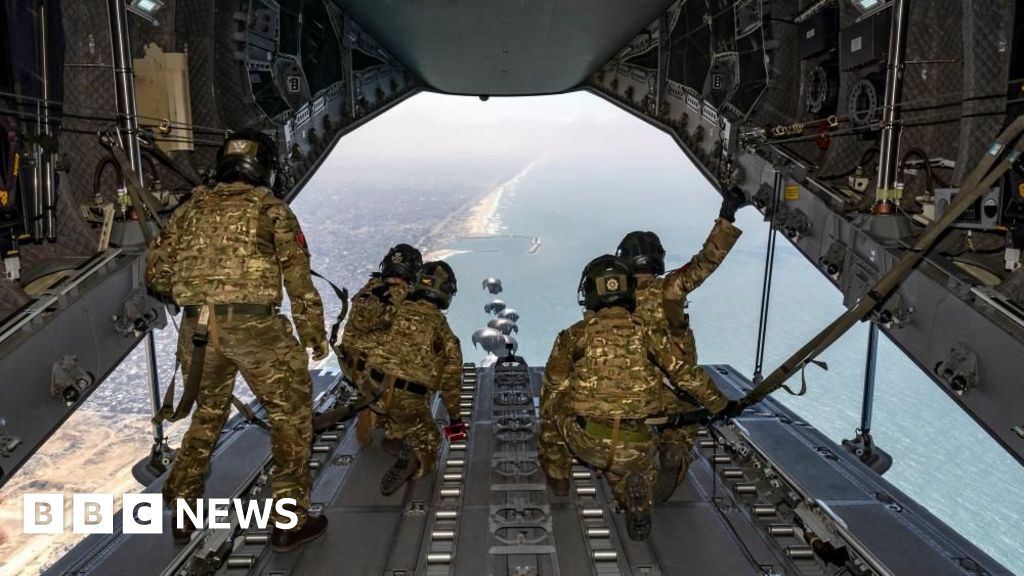

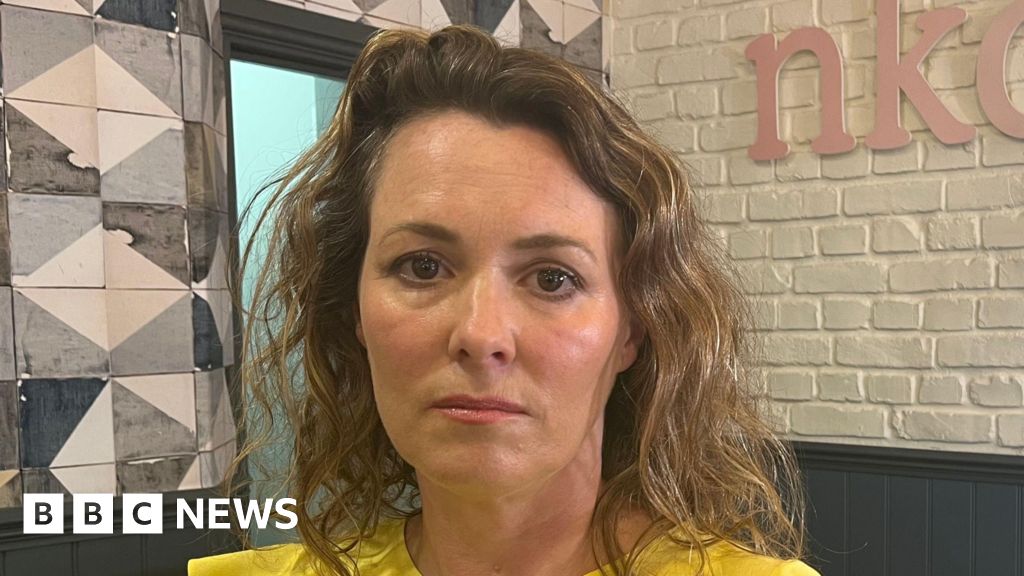


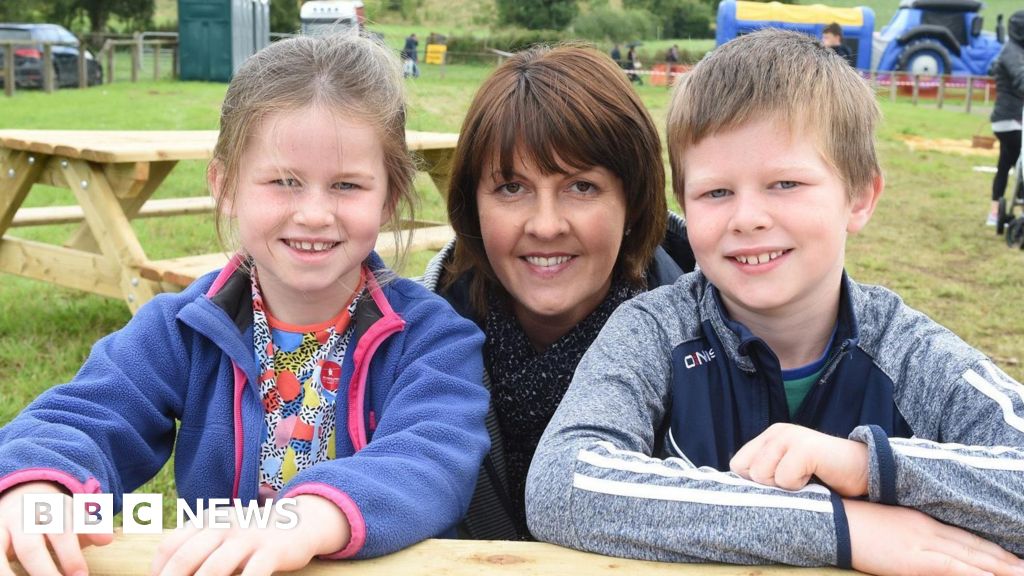

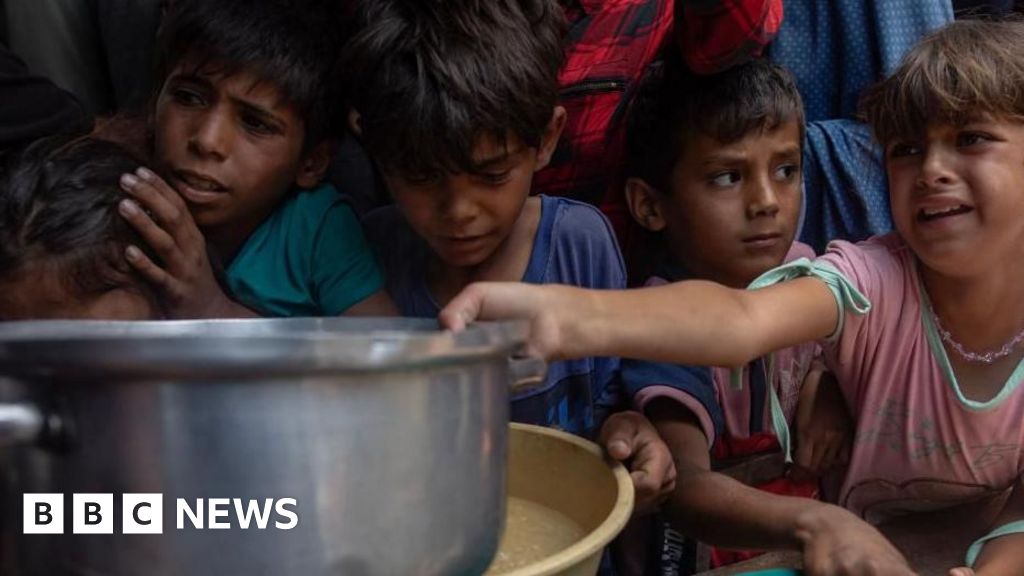
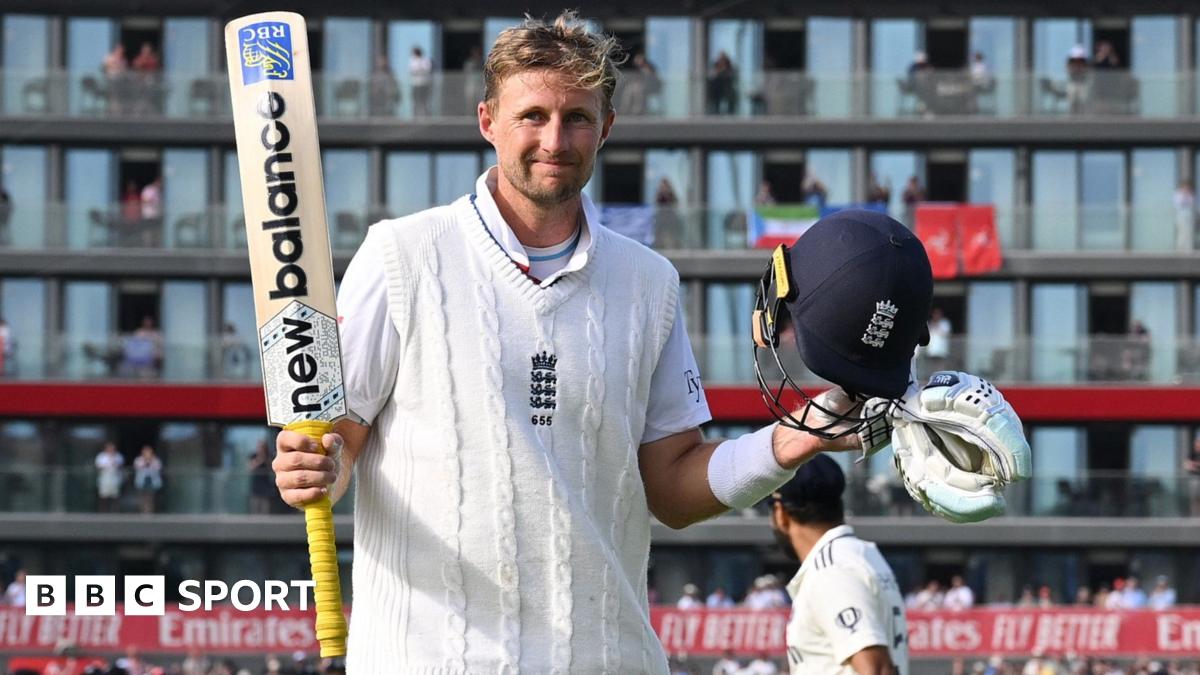

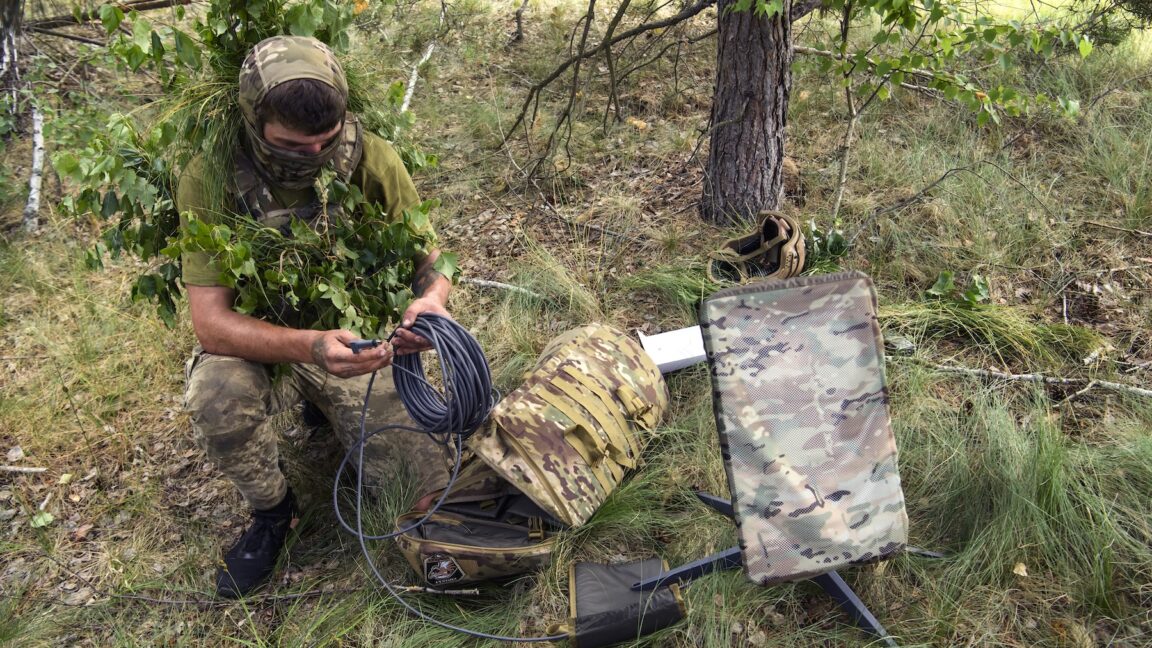

Leave a Reply